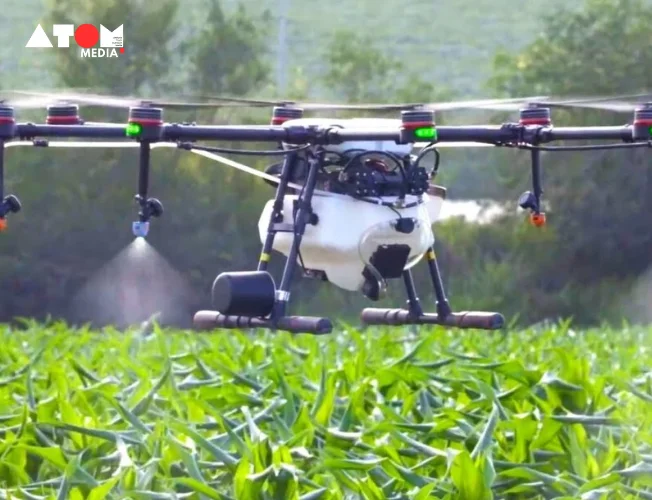The agricultural landscape is undergoing a transformative shift, with a growing emphasis on sustainability. One of the most pressing concerns is the excessive use of pesticides, which while effective in pest control, pose significant environmental and health risks. Enter drone technology, a promising solution that is revolutionizing pesticide application and contributing to a greener future.
The Pesticide Problem
Pesticides have been instrumental in boosting agricultural yields and safeguarding crops from pests and diseases. However, their indiscriminate use has led to severe consequences. Chemical residues contaminate soil, water bodies, and the atmosphere, harming beneficial organisms, wildlife, and human health. Furthermore, the overuse of pesticides can lead to the development of resistant pests, necessitating the use of stronger chemicals, creating a vicious cycle.
Drone Spraying: Precision Agriculture
Drone spraying, or Unmanned Aerial Vehicle (UAV) application, is a cutting-edge technology that offers a more precise and efficient approach to pesticide application. Equipped with GPS, sensors, and advanced software, these drones can navigate fields autonomously, delivering the right amount of pesticide to the exact location where it is needed. This targeted application significantly reduces pesticide use, minimizing environmental contamination and the risk of harming beneficial insects and other organisms.
One of the key advantages of drone spraying is its ability to provide customized treatments. Drones can be programmed to follow specific flight paths, ensuring that pesticides are applied evenly and exclusively to infested areas. This precision not only enhances the effectiveness of pest control but also helps to prevent the development of pesticide resistance.
Benefits of Drone Spraying
Drone spraying offers a multitude of benefits for farmers and the environment:
- By targeting pesticide application to specific areas, drone spraying can reduce chemical use by up to 30%, minimizing environmental pollution and health risks.
- Precision spraying ensures that crops receive the optimal amount of pesticide, promoting healthier growth and higher yields. Drones can also access difficult-to-reach areas, improving overall crop management.
- While the initial investment in drone technology may be substantial, the long-term savings from reduced pesticide use and increased crop yields can offset the costs.
- Drones can cover large areas quickly and accurately, reducing labor requirements and allowing farmers to focus on other essential tasks.
- By minimizing pesticide use and reducing chemical runoff, drone spraying helps to preserve biodiversity and protect ecosystems.
Overcoming Challenges
Despite the numerous advantages, widespread adoption of drone spraying faces several challenges. The initial cost of drones and the need for skilled operators can be barriers for small-scale farmers. Additionally, regulatory frameworks need to evolve to accommodate the rapid advancements in drone technology while ensuring safety and environmental protection.
The Future of Sustainable Agriculture
Drone spraying is a promising step towards sustainable agriculture, but it is not a standalone solution. Integrating drone technology with other sustainable practices, such as crop rotation, biological pest control, and organic farming, can create a more holistic approach to agriculture. As drone technology continues to advance, we can expect to see even more sophisticated capabilities, including real-time crop monitoring, soil analysis, and data-driven decision-making.
Read more: Marketing News, Advertising News, PR and Finance News, Digital News





